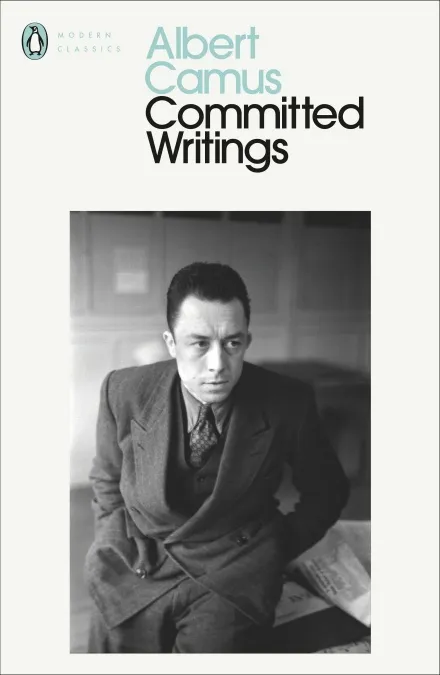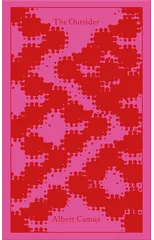Committed Writings
(Author) Albert Camus'To create today means to create dangerously' This new collection contains some of Camus' most brilliant political writing as he reflects on moral responsibility and the role of the artist in the world. Letters to a German Friend, written and published underground during the Nazi occupation of France, was born out of Camus' experience in the Resistance and explores what it truly means to love your country. Reflections on the Guillotine, his impassioned polemic against the death penalty, became a touchstone for the movement to abolish capital punishment, while in his Nobel speeches Camus argues that the artist must engage with dangerous times. Together these powerful pieces express Camus' mistrust of rigid ideologies, and his commitment to human solidarity. 'Probably no European writer of his time left so deep a mark on the imagination' Conor Cruise O'Brien
Albert Camus
Albert Camus was a French-Algerian writer, philosopher, and journalist known for his contributions to existentialism and absurdism. His most notable works include "The Stranger," "The Plague," and "The Myth of Sisyphus." Camus' writing style is characterized by its clarity, simplicity, and exploration of the human condition in the face of a meaningless universe. He won the Nobel Prize in Literature in 1957 for his powerful and thought-provoking works. Camus' impact on literature can be seen in his ability to capture the essence of existential themes and challenge societal norms. "The Stranger" remains his most famous work, exploring themes of alienation, absurdity, and the search for meaning in a world devoid of inherent purpose.






